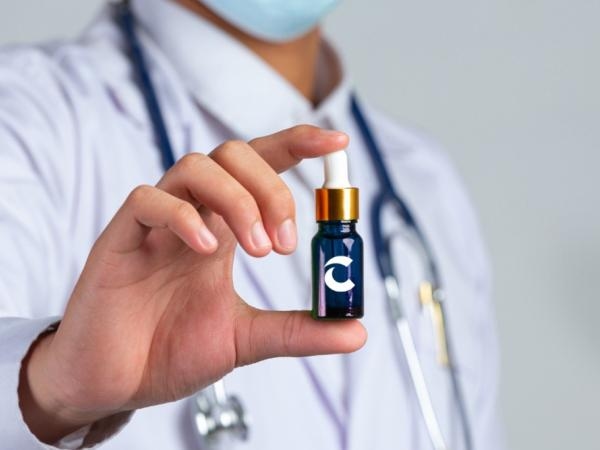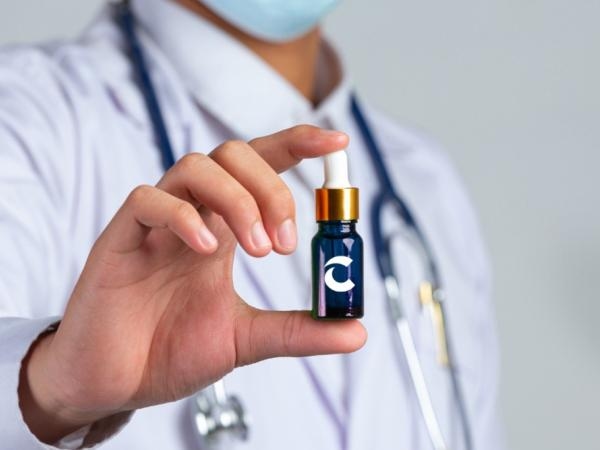Medicinal cannabis use in Colombia grows by 25%, driven by its use in medical treatments

Medical cannabis.
Amid the country's ongoing drug shortage, the use of medicinal cannabis has grown as an effective and safe therapeutic alternative to traditional treatments. According to figures from ProColombia, its use is projected to increase between 25% and 35% by 2025, driven primarily by training physicians in its prescription, the rise in patients treated with derivatives such as oils or capsules, and greater availability in the national pharmaceutical market.
(Read: The Fed will decide rates amid the shutdown and without economic data ).
Juan Romero, CEO of Carmen's Medicinals, a biopharmaceutical company focused on cannabinoids, explains that the advantages of medicinal cannabis over conventional treatments are supported by clinical evidence, which has significantly improved the medical community's perception of cannabinoid treatments. In fact, a 2023 survey conducted by the Colombian Cannabis Industry Observatory of 304 healthcare professionals revealed that 74% consider it a legitimate therapy and 85% recognize its usefulness in treating conditions such as chronic pain, multiple sclerosis, and sleep disorders .
“Its multimodal action allows for the treatment of diverse symptoms such as pain, spasticity, anxiety, and insomnia with a single formulation. Furthermore, it presents a lower risk of dependence and toxicity compared to opioids, benzodiazepines, or antiepileptics, improving quality of life by optimizing sleep, appetite, and daily functioning. This, combined with the ability to personalize dosages, cannabinoid ratios, and routes of administration, reinforces its effectiveness compared to traditional treatments,” Romero points out.
(See: Patients with rare diseases warn of delays in diagnosis and access ).
According to data from Carmen's Medicinals, in 2025 the most in-demand products in Colombia were compounded preparations rich in CBD and THC. Among the main populations using these treatments were patients with refractory chronic pain, aged between 35 and 65, suffering from conditions such as fibromyalgia, neuropathies, arthritis, or cancer, who sought to reduce their opioid use and improve their daily functioning.
Also noteworthy are children and adolescents with resistant epilepsy, including those with syndromes such as Lennox-Gastaut, Dravet, and Doose, who benefit from the use of CBD-rich oils with low THC content, which can reduce seizure frequency and promote cognitive development. Similarly, adults aged 25 to 55 with sleep disorders, generalized anxiety, or post-traumatic stress disorder are turning to sublingual extracts as an alternative to benzodiazepines to improve their quality of life .
(Also: This brand will promote tax incentives for replacing refrigerators ).
In the case of cancer patients between 40 and 75 years old, they use standardized THC and vaporization of dried flowers to manage pain, nausea, and loss of appetite, while also improving their emotional well-being. Finally, people over 50 with neurodegenerative diseases such as multiple sclerosis, Parkinson's, or Alzheimer's use balanced oils that help control spasticity and promote mild cognitive improvement.
The executive from Carmen's Medicinals adds that medicinal cannabis also represents a strategic opportunity for the Colombian healthcare system, since by replacing expensive imported medications, it can significantly reduce costs associated with prolonged treatments and hospitalizations. Furthermore, it improves therapeutic access in areas with drug shortages and promotes rural economic development by including small-scale producers and facilitating the conversion of illicit crops.
Portafolio





